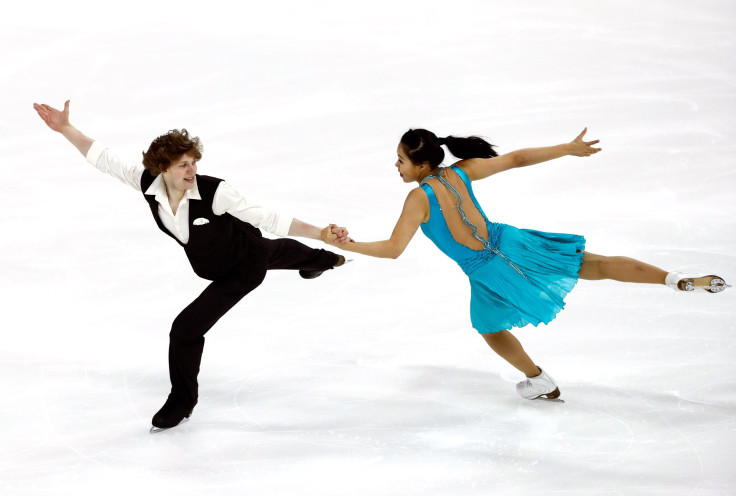Winter Olympics 2018: South Korea Naturalizing Foreign Athletes As Path To Success In Pyeongchang

Having walked away with just three gold medals at the 2014 Winter Olympics in Sochi, South Korea is taking a creative path in an attempt to ensure greater success when it hosts the Winter Olympics for the first time in 2018. Ahead of the Pyeongchang Games, the country has been naturalizing a raft of foreign-born athletes in order to strengthen their presence on the big stage in two years’ time.
The most recent example came just this week when it was confirmed that German-born luge racer Aileen Frisch will be eligible to represent South Korea in 2018. The Ministry of Justice announced on Thursday that it endorsed the recommendation by the Korean Olympics Committee in June to receive special citizenship. Later this month she will have to undergo a ministry interview, but an official at the federation told South Korea’s Yonhap News Agency that “she will pass the interview with ease.”
Such tests can involve individuals having to sing the South Korean national anthem, read and write in Korean and recount the country’s national holidays.
Frisch, 23, won gold medals for Germany at the World and European Junior Championships in 2012 but retired from the sport a year ago after being left off the German World Cup team. She was later approached to race for South Korea.
Such moves have been taken by Olympic hosts before. Ahead of the 2014 Winter Olympics, Ahn Hyun-soo changed his name to Viktor Ahn and won three gold medals in short-track speed skating for host-nation Russia.
And the South Korean federation defended the naturalization of Frisch by claiming that the decision was taken with more than just a "one-off Olympics" in mind.
"It is special naturalization with a long-term view,” the official said. "We will ensure that Frisch will be able to give the South Korean luge team her know-how after the PyeongChang Olympics.”
Certainly, South Korea’s plans for success are not nearly as controversial as what Russia was found to have done in Sochi. The World Anti-Doping Agency (WADA) uncovered a massive state-sponsored doping program that it called an “unprecedented attack on the integrity of sport and on the Olympic Games.”
Yet the scale at which South Korea is naturalizing foreign-born athletes who have no South Korean ancestry is still likely to raise concerns over whether the spirit of Olympics competition is being preserved.
The trend has been particularly evident in ice hockey. Added to a South Korean team ranked 23rd in the world have been five Canadians and one American. Two Russian-born biathlon athletes have also been given South Korean citizenship, while a Russian and an American ice dancer applied for citizenship in August.
© Copyright IBTimes 2024. All rights reserved.





















